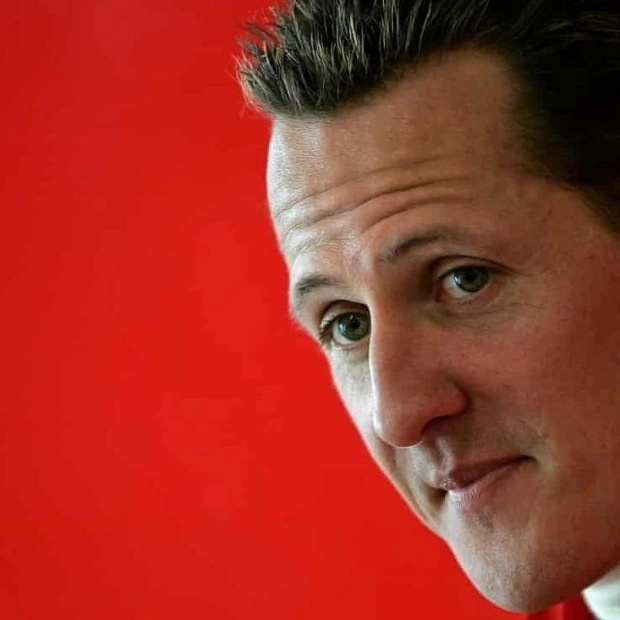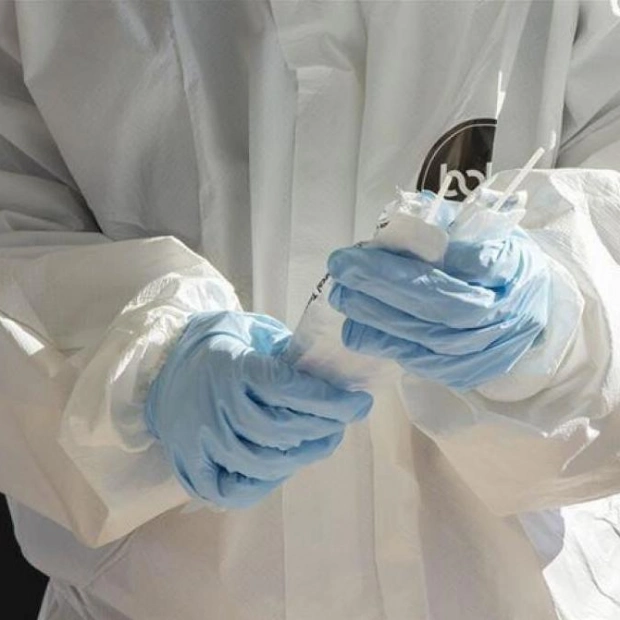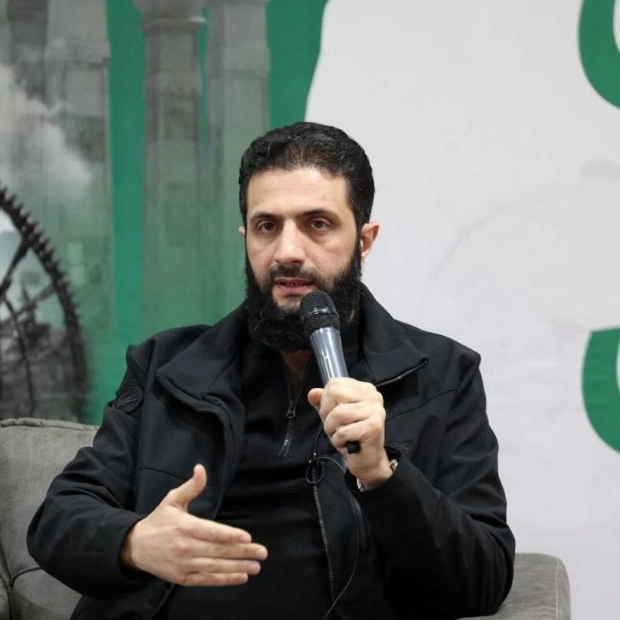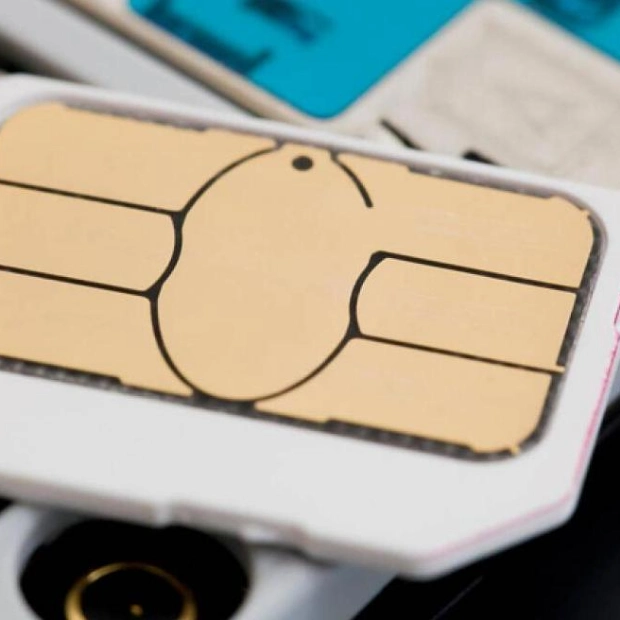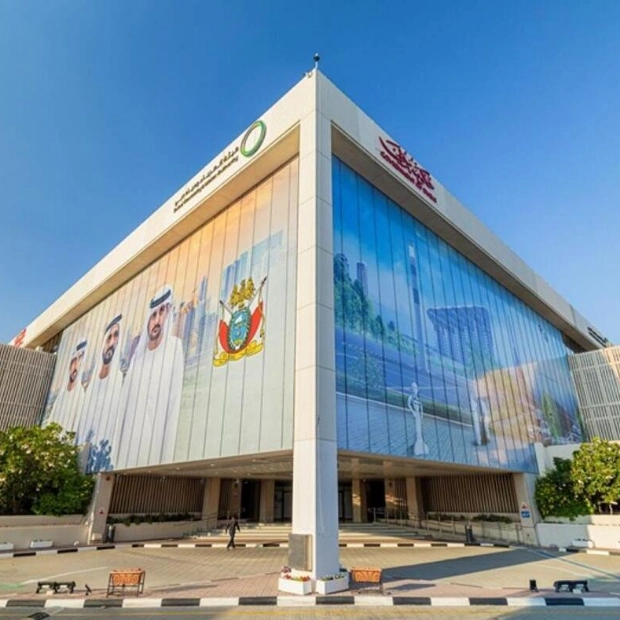Pope Francis called for religious unity to combat extremism and intolerance on Wednesday, as his extensive papacy tour commenced in Indonesia, a predominantly Muslim country. During the initial day of his journey across four Asia-Pacific nations, the Pope emphasized the significance of all faiths in addressing critical security concerns. "To promote a peaceful and harmonious coexistence that guarantees peace... the Church aims to enhance interreligious dialogue," Pope Francis stated following a meeting with President Joko Widodo. "(Extremists) manipulate religion to enforce their beliefs through deceit and violence." President Widodo supported the Pope's views, stating, "Freedom and tolerance are what Indonesia and the Vatican wish to promote... amidst a world growing increasingly unstable." Indonesia, the most populous Muslim nation, has grappled with radicalism for years. The 2002 Bali bombings, which resulted in 202 fatalities, were the most severe in Indonesian history and led to a crackdown on militancy. Catholics make up less than three percent of Indonesia's population, approximately eight million, compared to the 87 percent, or 242 million, who are Muslim. However, they are one of six officially recognized religions in the secular nation, alongside Protestantism, Buddhism, Hinduism, and Confucianism. This marks the third papal visit to Indonesia and the first since John Paul II in 1989. The Pope's health will be closely monitored during the trip, which includes stops in Papua New Guinea, East Timor, and Singapore. He has not traveled internationally since his visit to Marseille, France, in September last year. Accompanying him are his personal doctor and two nurses, though Vatican spokesman Matteo Bruni noted this is standard procedure. Upon arrival in Jakarta from Rome, the Pope appeared invigorated and continued to show energy during his meeting with President Widodo. He arrived in a Toyota car, seated in the front passenger seat, and later greeted onlookers from a wheelchair. Hundreds of children in traditional attire welcomed him, chanting "welcome Pope" and waving flags. He was received by President Widodo and Defence Minister Prabowo Subianto, the incoming president. The Pope used a cane to exit his wheelchair for discussions with the Indonesian leader. Later, he was scheduled to meet privately with members of the Jesuit order at the Holy See's mission in Jakarta. Interfaith relations are a key focus of his Indonesian visit. On Thursday, he is set to meet with representatives from all six recognized religions at the Istiqlal Mosque, the largest in Southeast Asia and a symbol of religious coexistence. He will sign a joint declaration with the mosque's grand imam addressing "dehumanization" caused by conflict and environmental degradation, according to the Indonesian bishops' conference. On Thursday, the Pope will preside over a mass at the national football stadium, expected to be filled by Catholics. Prior to that, he will address the local Catholic community at Jakarta's cathedral, located near the mosque. The cathedral, connected to the mosque by a "tunnel of friendship," was reconstructed at the end of the 19th century following a fire. Recently, Christians have been taking photos with a life-sized Pope cutout there. The Pope will conclude his day with a meeting with young participants in a global network of schools he initiated in 2013 to support disadvantaged children.
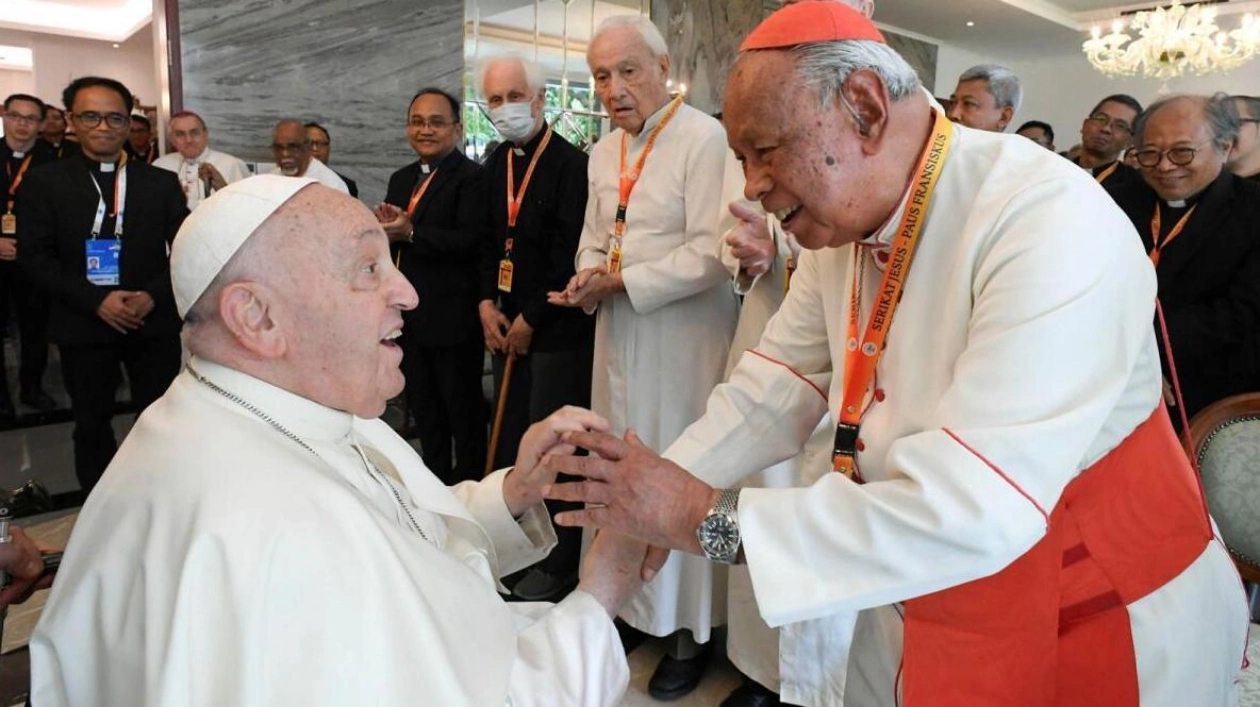
Text: Lara Palmer
04.09.2024
Papal Visit Highlights Interfaith Dialogue and Cooperation in the Face of Extremism

